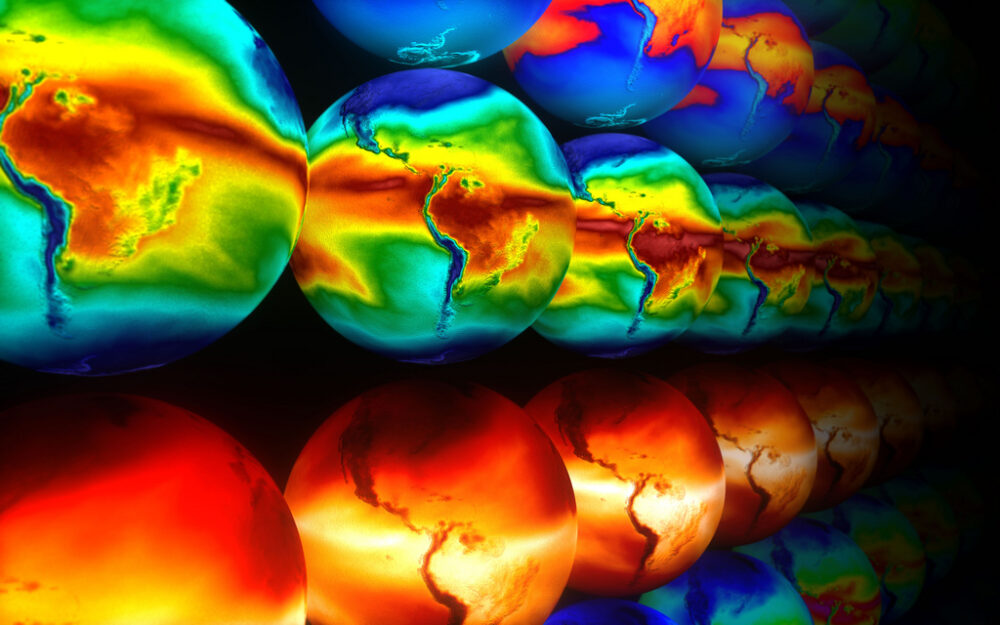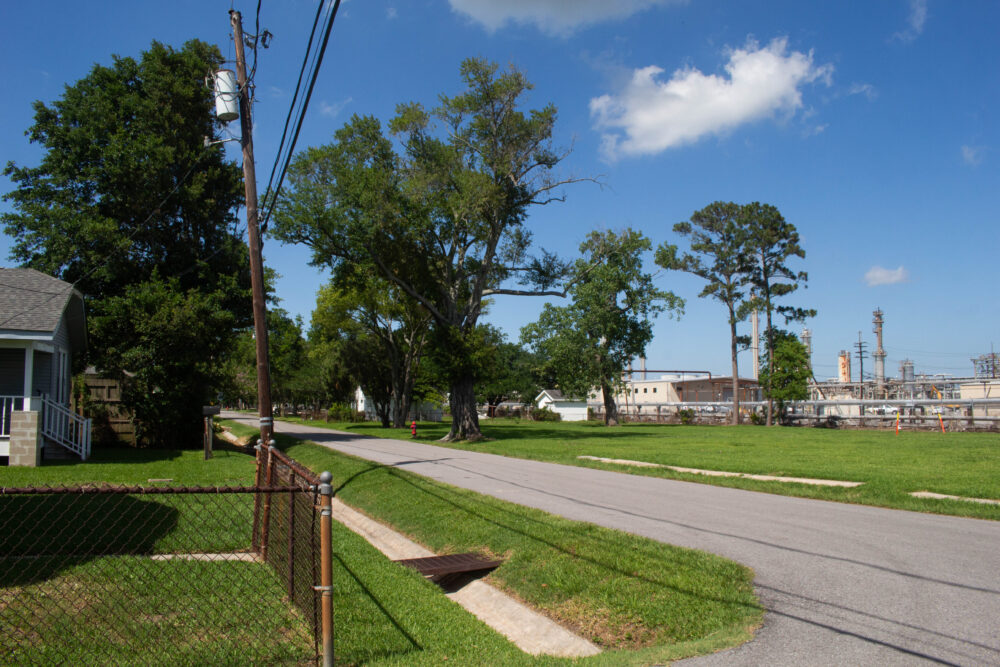We have much more to do and your continued support is needed now more than ever.
MIT Analysis of Climate Bills
Last week before the Senate Environment Committee, the Chamber of Commerce presented testimony citing an MIT analysis of climate bills. The testimony cited large price increases from the MIT study and attributed the increases to climate legislation, when in fact most of the price increases were the result of basic market forces under a "no action" business-as usual scenario (the reference case). In fact, base energy prices for natural gas and oil declined significantly relative to the reference case in the MIT assessment of major climate bills.
In other words, MIT forecasts two futures. In one, without global warming action, energy prices escalate along with our climbing dependence on fossil fuels, with a significant share of this money drained out of the economy to purchase foreign oil. In another scenario, with a "cap and trade" climate program, base energy prices actually decline significantly relative to the reference case due to an easing of demand. A "carbon charge" associated with a cap and trade would be added to these prices, but that money would be used to drive the market for cleaner technologies, and the impact of rising energy bills could be mitigated for consumers through the use of revenues from a government auction of allowances. To learn more about this, click here: Download nwf_fact_sheet_mit_july_2_2007.pdf






















